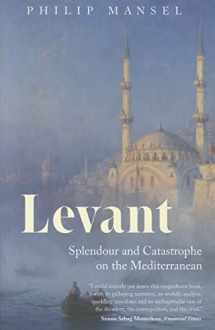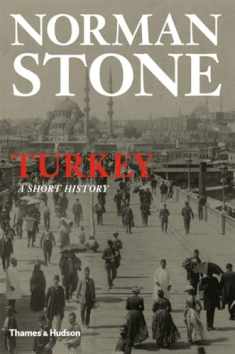
Levant: Splendour and Catastrophe on the Mediterranean
Book details
Summary
Description
Not so long ago, in certain cities on the shores of the eastern Mediterranean, Muslims, Christians, and Jews lived and flourished side by side. What can the histories of these cities tell us?
Levant is a book of cities. It describes three former centers of great wealth, pleasure, and freedom—Smyrna, Alexandria, and Beirut—cities of the Levant region along the eastern coast of the Mediterranean. In these key ports at the crossroads of East and West, against all expectations, cosmopolitanism and nationalism flourished simultaneously. People freely switched identities and languages, released from the prisons of religion and nationality. Muslims, Christians, and Jews lived and worshipped as neighbors.
Distinguished historian Philip Mansel is the first to recount the colorful, contradictory histories of Smyrna, Alexandria, and Beirut in the modern age. He begins in the early days of the French alliance with the Ottoman Empire in the sixteenth century and continues through the cities' mid-twentieth-century fates: Smyrna burned; Alexandria Egyptianized; Beirut lacerated by civil war.
Mansel looks back to discern what these remarkable Levantine cities were like, how they differed from other cities, why they shone forth as cultural beacons. He also embarks on a quest: to discover whether, as often claimed, these cities were truly cosmopolitan, possessing the elixir of coexistence between Muslims, Christians, and Jews for which the world yearns. Or, below the glittering surface, were they volcanoes waiting to erupt, as the catastrophes of the twentieth century suggest? In the pages of the past, Mansel finds important messages for the fractured world of today.


We would LOVE it if you could help us and other readers by reviewing the book
Book review




